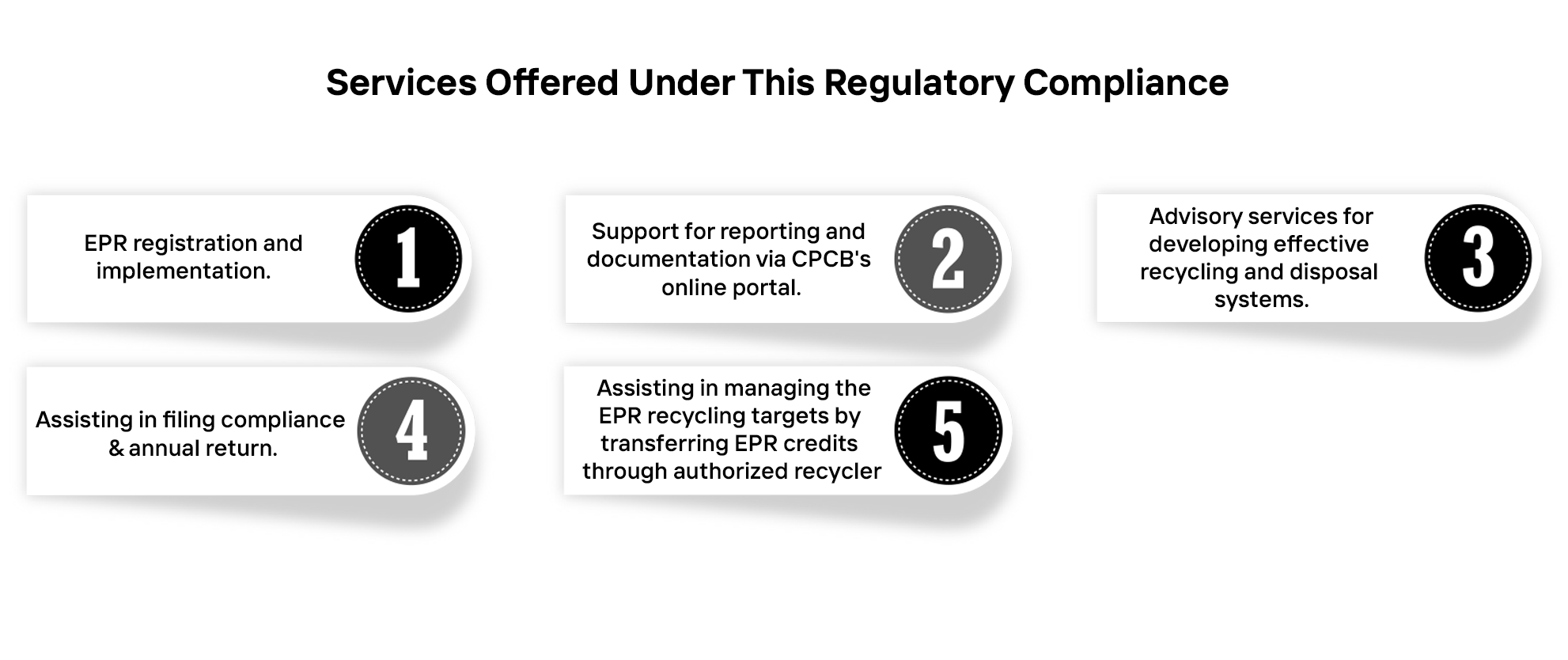The Tyre EPR framework under the Hazardous and Other Wastes (Management and Transboundary Movement) Amendment Rules, 2022, is a major step toward responsible waste tyre management in India. By enforcing strict compliance measures, the policy helps in reducing tyre pollution, boosting the recycling industry, and promoting a sustainable circular economy.
Applicability
The provisions of this Schedule shall apply to the following entities:
- 1. Producers
- 2. Recyclers of waste tyres
- 3. Retreaders




